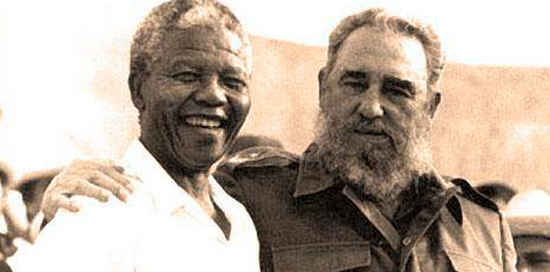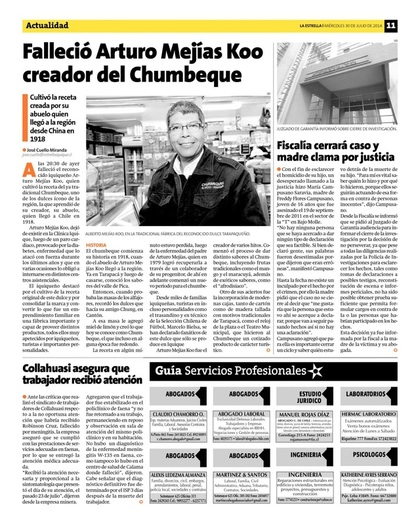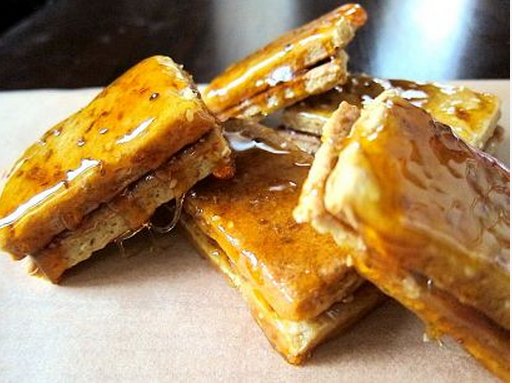That same week Paul Walker, a film actor of The Fast and the Furious fame, also died. More than 20 of the users whose activity I was observing posted about his death on Facebook. As with Mandela’s death, no one linked to obituaries or news articles, but instead posted photos of the actor, or at times posted photos of their own cars with quotes from The Fast and the Furious or other commentary suggesting that the films had inspired their love of automobiles.
From this, along with Presidential elections which had just taken place in Chile, I got a sense that people were much more likely to post something on Facebook when they felt personally affected by it. While people recognized the significant contributions of Mandela to peace and humanitarian efforts, he had not affected Chileans’ daily lives, while Walker had been an important hero for many people. One young man posted about both. On the day of Mandela’s death he simply wrote “QDEP Morgan Freeman” [Rest in Peace Morgan Freeman] in an ironic and humorous attempt to conflate the politician with the actor who had portrayed him. A few days later, when news of Walker broke, he wrote, “I’m watching The Fast and the Furious on TNT (television channel)…in honor of the movies that inspired my Honda, and more importantly in memory of Paul Walker.” Clearly this user had reserved the more sincere and personal message for Walker who he characterized as an inspiration.
My insight that personal connection was more important than world impact has been put to the test again with the unfortunate death of a local celebrity. Arturo Mejía Koo, the son of Chinese immigrants to the region, was locally known as the authority on chembeques—a kind of pastry made of corn flour and honey. Though chembeques can be found in almost any outdoor market in the region, Koo’s shop was something of a pilgrimage point for those who love the dessert. Perhaps then, it’s not surprising that Facebook has been littered with homages to Koo. At the time of this writing, about 1/5 of the posts that appear on my Facebook timeline are related to Koo’s death. People post links to the local paper’s story with a simple comment of a frowning face, or no comment at all. Others post links with the comment “Noooooooooooooooo!!!” Responses are lacking in eloquence, but the sheer number of them is impressive.
Among my highly educated, urban, middle-class friends in the United States, posting about the death of a highly iconic politician such as Mandela was an act of both proclaiming political stance and being “in the know.” Yet in Chile, it is much more important to be “in the know” about local events. While in both places I see memes that circulate with text such as “If you didn’t eat/watch/play [insert local favorite], you didn’t grow up in [insert local area],” Northern Chileans take to heart this mentality. They experience the death of world icons with a grain of irony, likely owing to the distance they perceive between that person’s life and their own. Yet a local hero’s death is experienced as a personal heartfelt loss.
This makes clear that for most Northern Chileans, Facebook is an outlet for performing personal and local affiliations, rather than a platform for interacting with global discourses. Mandela’s death was noteworthy for a few because he was a world figure. Yet lacking in a personal connection, emotions were expressed through irony or affiliations with other more regionally relevant politicians. Walker’s death was important for some because he had been a Hollywood hero, yet was still expressed at a distance through reference to his film roles. But in the instance of Koo’s death huge numbers of people in the region feel personally affected because eating his pastries had been an important part of local belonging. Facebook then was an appropriate place to express the very simple emotions of sadness and disbelief that emerged from the loss that felt so personal. The outpouring of public response to Koo’s death then demonstrates the ways that Facebook may reflect local affiliations much more strongly than global awareness.




 RSS Feed
RSS Feed
